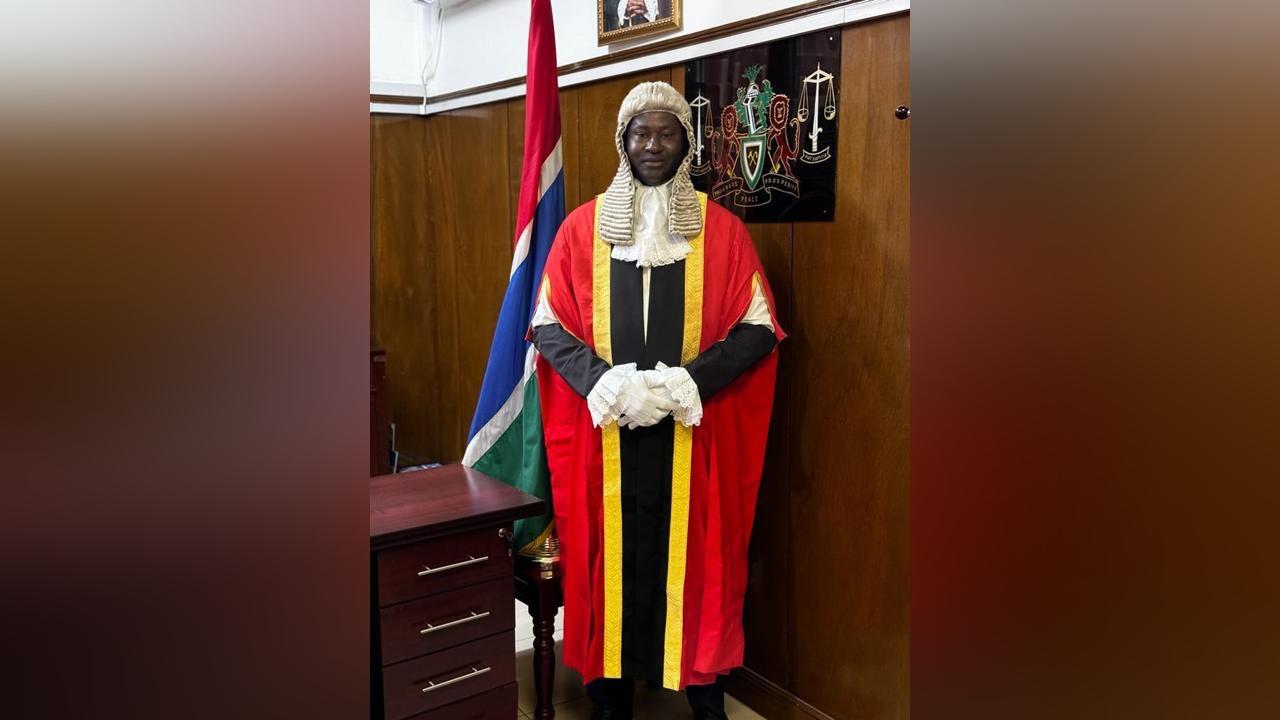Africa-Press – Gambia. The High Court in Banjul on Wednesday dismissed a motion by Access Bank (Gambia) Limited seeking to strike out a civil suit brought by Creed Energy Limited, ruling that the bank must continue to face legal claims despite the earlier removal of a co-defendant from the case.
In a ruling delivered by Justice Ebrima Jaiteh, the Court rejected the arguments advanced by Access Bank — the first defendant in the case — which contended that the suit no longer stood after Apogee FZE, the second defendant, was struck out last October for lack of a reasonable cause of action.
Access Bank had also argued that continuing the suit constituted an abuse of court process, but Justice Jaiteh found no merit in that claim either.
The decision was handed down during proceedings held on May 29, with all parties represented. S.K. Jobe appeared for Creed Energy, while C.E. Mene and P. Bakurin represented Access Bank. M.W. Jallow appeared on behalf of Apogee FZE.
In dismissing the bank’s motion, the Court addressed two central issues: whether the removal of the second defendant extinguished the case in its entirety, and whether Creed Energy’s pursuit of the claim amounted to procedural abuse.
On the first question, Justice Jaiteh concluded that the action against Access Bank remained legally viable. He emphasized that the striking out of a defendant does not invalidate claims against others, especially where causes of action are separable.
“Apogee FZE was joined to the suit on procedural grounds,” Justice Jaiteh noted. “Its removal did not alter the substance of the plaintiff’s case against the first defendant.”
The judge found that the October 2024 ruling striking out Apogee FZE was limited in both scope and effect, stating clearly that it applied solely to that party. The court declined to extend the reach of that decision beyond what was expressly stated in the ruling.
Turning to the second argument — that the case represented an abuse of the judicial process — Justice Jaiteh again sided with Creed Energy. While acknowledging that courts must guard against duplicative litigation, he held that such a claim must rest on proof that the multiple suits are identical in parties, issues, and reliefs.
“There is no evidence that the present action is vexatious, oppressive, or instituted in bad faith,” the judge wrote. “Multiplicity alone does not constitute abuse.”
Justice Jaiteh further held that where overlap between cases exists, the remedy lies in judicial tools such as consolidation or a stay of proceedings — not outright dismissal, which he described as “an extreme measure to be employed sparingly.”
The Court also dismissed the bank’s reliance on foreign legal precedents, ruling that they were inapplicable in the absence of a demonstrated conflict with Gambian law.
In conclusion, Justice Jaiteh declared Access Bank’s motion “misconceived and lacking in merit,” and dismissed it in its entirety. The substantive case filed by Creed Energy will now proceed against the bank.
For More News And Analysis About Gambia Follow Africa-Press






